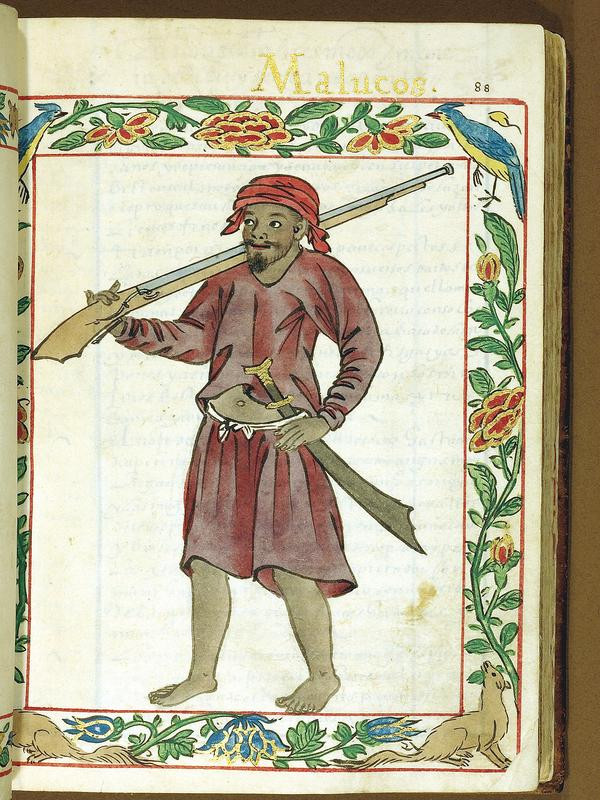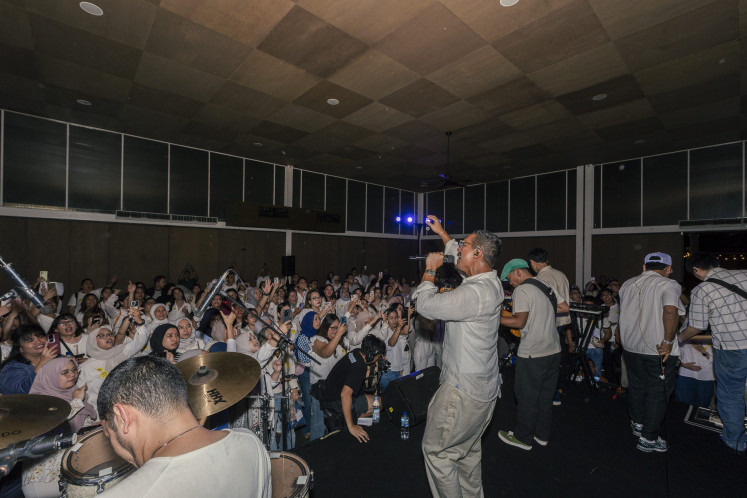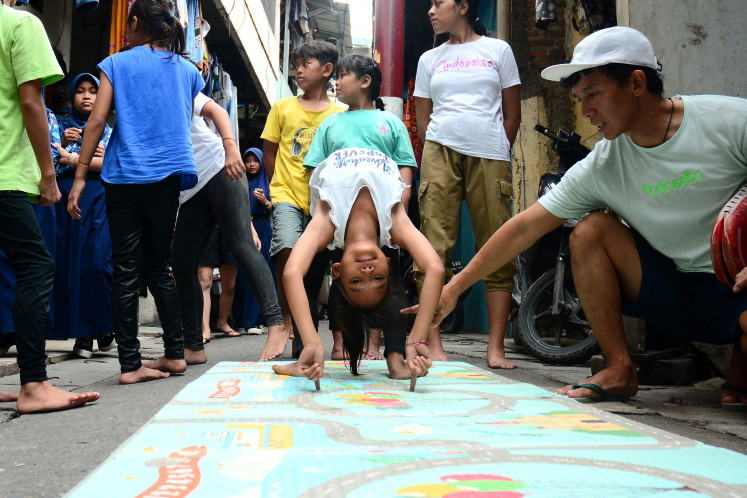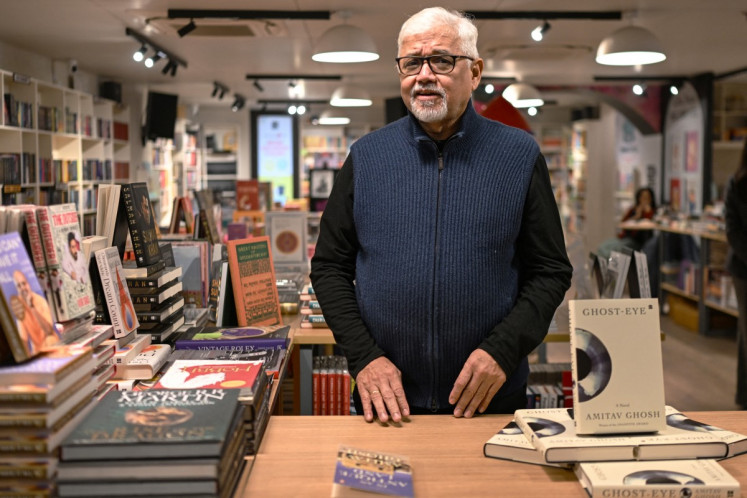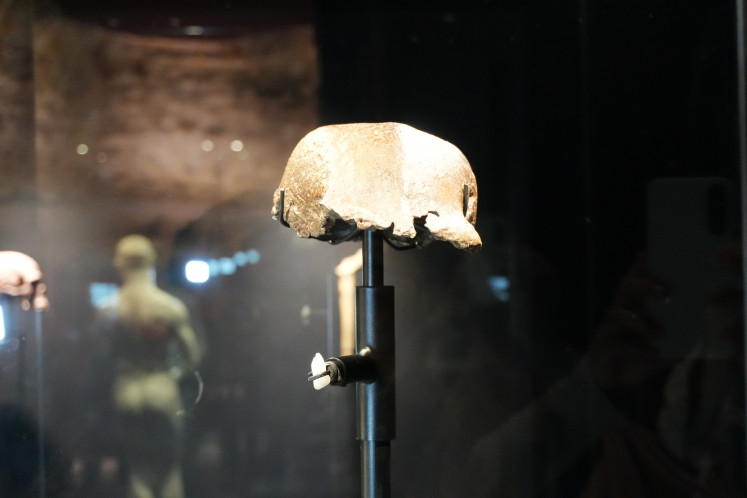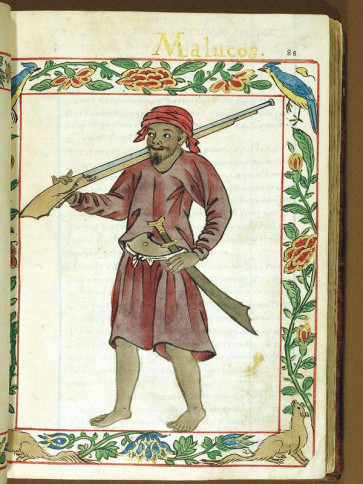Popular Reads
Top Results
Can't find what you're looking for?
View all search resultsPopular Reads
Top Results
Can't find what you're looking for?
View all search resultsTernate and Papanggo: Echoes of a shared past
Centuries-old ties between Indonesia and the Philippines came to light in a Jakarta lecture, as place names like Ternate and Papanggo revealed a largely forgotten history.
Change text size
Gift Premium Articles
to Anyone
Living in close proximity, Indonesia and the Philippines share a deep-rooted history that predates the modern nation-state.
These connections are still visible in place names: the Philippines has a municipality called Ternate in Cavite province, while Jakarta in its northern part is home to a subdistrict called Papanggo, which echoes Pampanga in the Philippines.
These parallels were highlighted in a public lecture by Philippine historian Ian Christopher B. Alfonso at Bentara Budaya Jakarta on Aug. 4. The event marked both the 75th anniversary of diplomatic relations between the two nations and the Philippines’ National History Month.
A shared colonial past
Alfonso traced the story back to 1663, when Spain withdrew its forces from Maluku and Mindanao to defend Manila against Koxinga (Zheng Chenggong), a Southern Ming warlord.
Among the defenders of Manila were Kapampangan soldiers and mardijkers, freed slaves of Ternate origin who had converted to Catholicism and spoke Portuguese.
"The Spaniards won the battle and they grew heavily reliant on the Kapampangan, staffing their fort in Maluku largely with Kapampangan soldiers and only a few Spaniards," Alfonso said.

